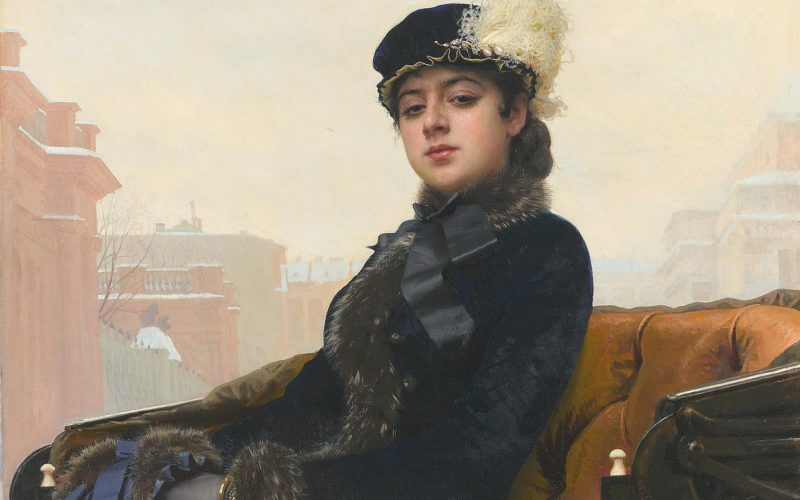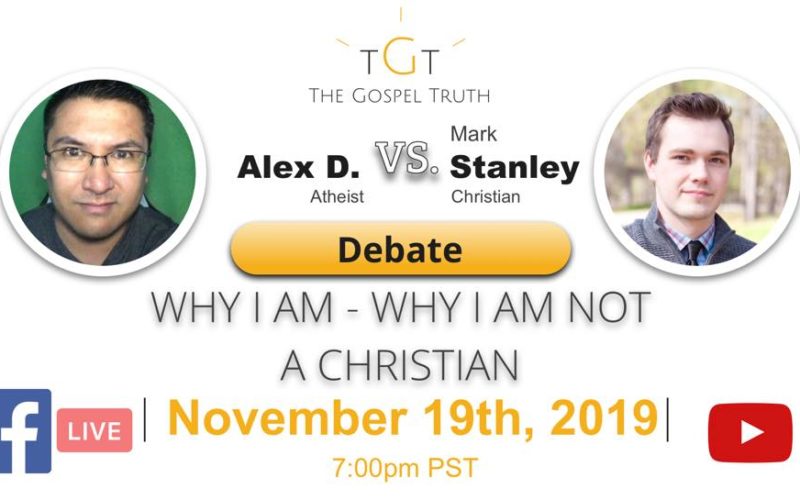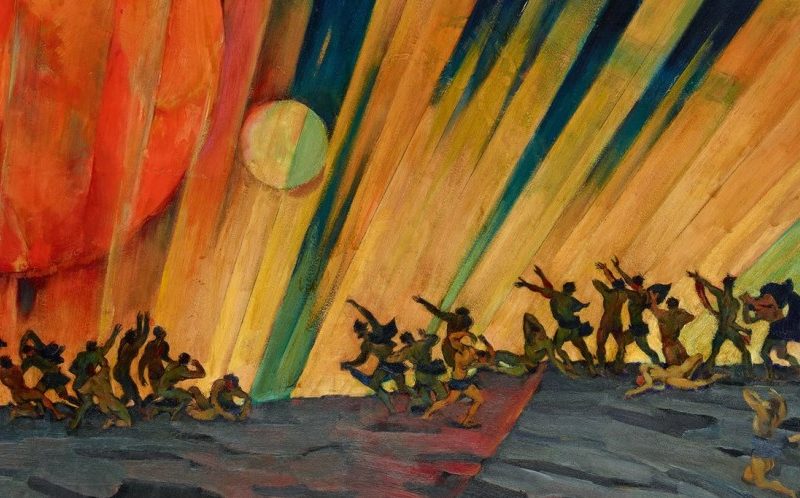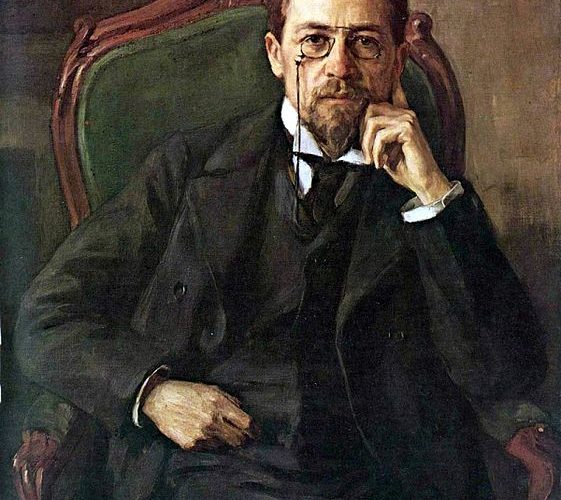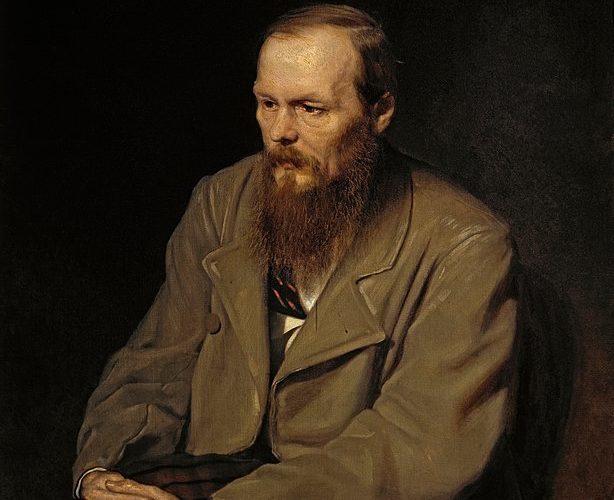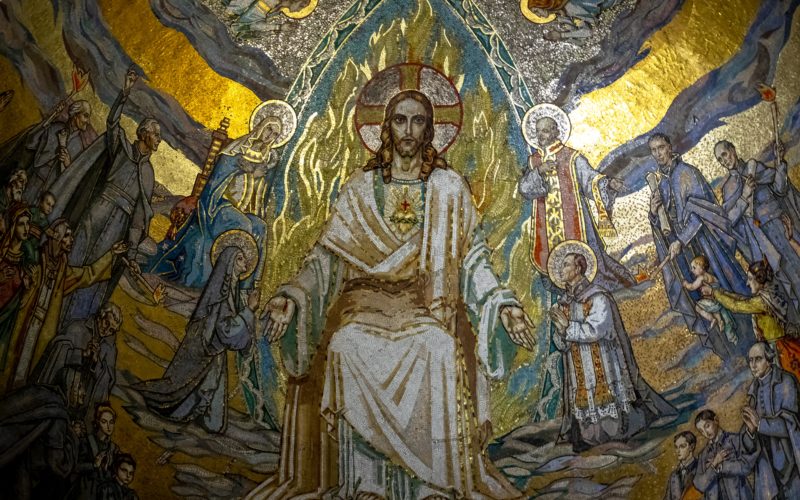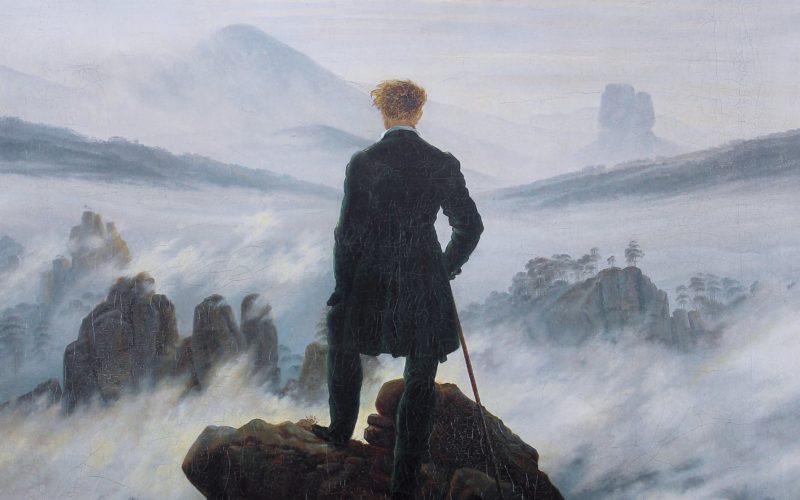Podcast
Podcast episodes
“Why I Am / Why I Am Not a Christian” Mark Stanley vs Alex Delsfoist (11/19/19)
Debate between Mark Stanley and Alex Defoist on November 19th, 2019 on “Why I Am / Why I Am Not a Christian.”
Dostoyevsky’s Unique Critique of Utopianism (Notes From Underground)
Notes From Underground (1864) is a blistering assault on utopianism, socialism, and Marxism based on Dostoyevsky’s view of human nature. Even if a utopian society was attainable, says Dostoyevsky, we would not be satisfied by endless food, comfort and pleasure. If you satisfied every human desire, we would throw it all away just for something interesting to happen, just to give ourselves a challenge to overcome and prove that we are human beings and not lap dogs. According to Dostoyevsky, we would rather wallow in misery and self-pity than be handed everything on a silver-platter! It is our unique proclivity for destructive decisions that make us human, and we wouldn’t give that up for anything… even heaven on earth.
“All is Vanity!” Ecclesiastes & Chekhov’s The Bet
The prolific Russian author Anton Chekhov (1860–1904) explores the key themes of vanity and the meaninglessness of existence. A young lawyer finds himself in solitary confinement after accepting a bet, and has nothing but time to read every great book written by man. Yet in the end, he realizes that everything will be swallowed by death…
Dostoyevsky: “Without God, Anything is Permissible” (3/3)
Christian thinkers have argued for millennia that only God can give objective grounds for the transcendent moral law. Fyodor Dostoyevsky flips that equation in the face of the death of God in Russia, “Without God, anything is permissible.” That is, if God doesn’t exist, there is no such thing as an act that is off limits, immoral or evil. Dostoyevsky warned that if Russia tries to live out the European Enlightenment worldview, then society will quickly realize that a godless universe is a lawless universe.
Dostoyevsky: The Gospel and Redemption in Crime and Punishment (2/3)
In Crime and Punishment, Raskolnikov lives out the logical conclusions of atheism, utilitarianism, and Nietzsche’s view of morality by murdering a useless old pawnbroker. Despite the logical justifications for his crime, Rodion realizes that moral laws are fixed in the universe, and he cannot escape his guilty conscience regardless of his rationalizations. An atheistic worldview says that sin is a construct, and Raskolnikov is a hero. But this is clearly wrong. Will Raskolnikov confess, repent, and turn to Christianity for forgiveness? Or will narcissism and ideology drive him to utter despair while his mind and his heart wreak havoc on what is left of his sanity?
Dostoyevsky: Introduction to Crime and Punishment (1/3)
Fyodor Dostoyevsky (1821–1881) is often regarded as one of the best novelists to ever live. He is known for his penetrating grasp of psychology, his understanding of the dark side of human nature, and his unbelievably accurate predictions of what the 20th century would hold if the socialist revolutionaries came to power. Dostoyevsky made an enormous impact on modern the modern worldview, contributing to 20th century realism, existentialism and literary criticism. His unsurpassed delivery of philosophical concepts in narrative form makes him a truly unique author in world history. Among his most famous works, Crime and Punishment is an excursion into the practical consequences of utilitarian ethics, an atheistic worldview and the absurdity of objective morality without a higher authority––all displayed in the form of a captivating murder mystery with engaging characters, plot twists and masterful prose.
Artists, Philosophers, and the Power of Narrative
A painter, a philosopher and a poet walk into a bar. The painter already knows what the poet has to say. The poet says it eloquently. Then the philosopher listens, sits down, orders a drink, and spends ten hours figuring out what they meant. This is “the Great Conversation” that Western Civilization has given us and continues to give, as thinkers and visionaries offer their ideas and propel culture forward. These thoughts are often expressed in towering works of fiction, which unveil the eyes of the individual to the world. But conversation can’t even begin without non-fiction, and the rivalry between philosophers and writers continues. Lucky for us, we get to benefit from both sides, and the dialogue is riveting.
Did Christianity Make the World A Better Place?
Is Christianity a good or bad influence on society? Did Christianity inspire science, liberty, equality, morality and charity, or was it actually an obstacle to cultural progress? The late Christopher Hitchens said that religion poisons everything. Alvin Schmidt, among others, credit Christianity with the birth and growth of diplomacy, democracy, the sovereignty of the individual, and more. In the quest for truth, goodness can be a powerful witness.
Nietzsche: Why Do People Believe in God? (3/3)
Why do people believe religious ideas? Nietzsche says that belief in God is a fabricated, but simple solution to a variety of complex questions and human desires. The meaning of life, the greater good of suffering, the grounding of morality, the existence of an afterlife, the definition of justice––all of these things are constructs which depend on the belief in God. Nietzsche recognizes Christianity’s utility, but believes the time has come to cast it aside in favor of self generated values and morality. His observations and conclusions about Christianity’s function range from the individual to the nation, from mass-shooters to world leaders.

